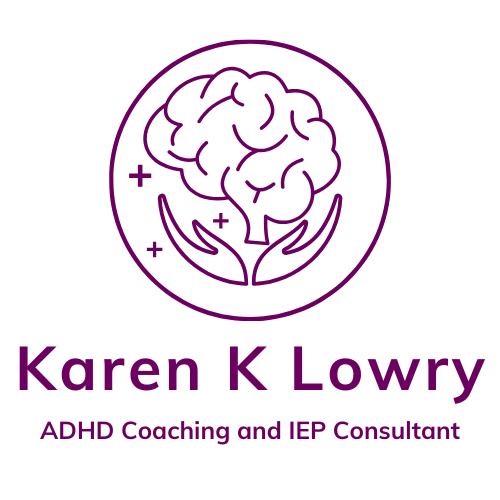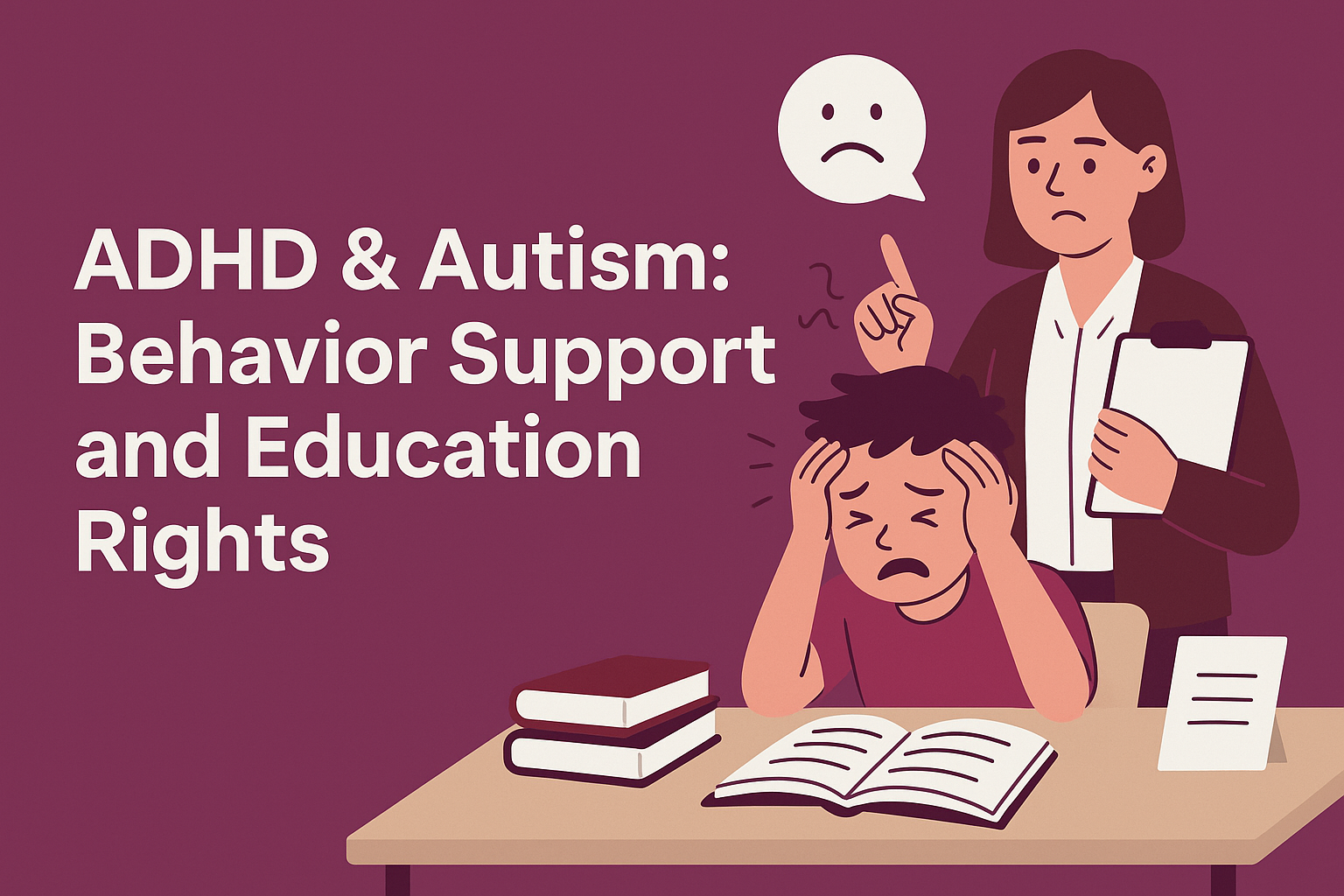Supporting a child with ADHD can feel overwhelming, but focusing on key areas can help ensure both academic success and positive self-esteem. With the right strategies, accommodations, and understanding, parents and educators can create an environment where children thrive. Whether through an IEP for students, ADHD coaching, or practical tools like an ADHD planner, small adjustments in communication, self-advocacy, flexibility, accommodations, and recognition of strengths can make a big difference in your child’s journey.
Let’s talk about five key areas that are important to look at on this ADHD journey to ensure support, success, and a positive self-esteem.
Communication
Collection of data is an important point that allows for valid concerns when communicating. Data can include anything that you the parent sees: Difficulty completing an assignment, missing assignments (why are they missing, comprehension, time, organization?), any executive functioning areas including organization, time management, transitioning, and working memory. Many times through misunderstanding of this complicated medical disorder subjective data is stated on the part of the school. This data may or may not be correct.
Self-Advocacy
I know from personal experience, it is not always easy to do what is necessary to make sure our child can do the work. Sometimes out of frustration, we as parents take on work so our child will not be embarrassed! I know this happens! Early on I did this too before I understood more about support and advocacy. Whether it is reaching out to teachers or doing some of the work, it is so imperative that your child with ADHD learns that it is ok to not understand and ask questions. I think sometimes he/she struggles with how to ask the question. They are many times misunderstood when they are in a classroom and do not respond to questions around whether or not they do have questions. Helping a child to feel good about asking questions and reinforcing their strengths are important for a lifetime of success.
Flexibility
Our kids do struggle with maintaining focus for long periods of time. They do need breaks. Focus does not improve by forcing a full session. This needs to be discussed with the school if this is an issue. If he were in the classroom, that accommodation would be built in in the form of movement, water, snack.
Accommodations and Modifications
If your child has an IEP or 504, is it working right? This is where the previous comments around data can be so important. So important it is to determine if the goals in the IEP are realistic and are being evaluated as to whether they have been met, are relevant, or need tweaking.
Recognize the Strengths
This is such a big deal and often overlooked! A small example is when my son was maybe 4/5. He at times was a handful having a combined dx of ADHD, both hyperactive and inattentive. In that situation you are always punishing, correcting, redirecting. But what works? My psychologist at the time said positive reinforcement works! Negative responses toward our kids with ADHD can many times only reinforce the unwanted behavior. Any attention works. But how about looking for the moments when behavior is good? Positive statements around that will overtime minimize the negative behaviors. School can be so hard! And our kids sometimes believe they are failures when they are not. They hear so much negativity around their struggles. They need to hear how well they cook, how smart they are to finish a puzzle, how tech savy they are! All of this positivity can generalize to day to day work and expectations. And reinforce the need and ability to ask questions when needed too!
Conclusion
All of the above are certainly not quick fixes but encompass a journey that will lead to success! Remember, despite the environment, you the parent are the expert and know your child the best.





